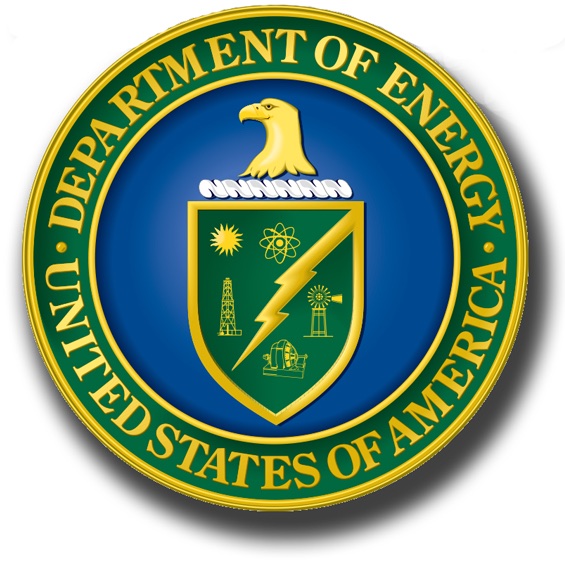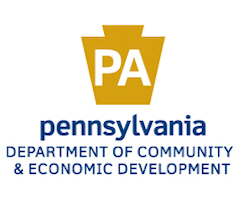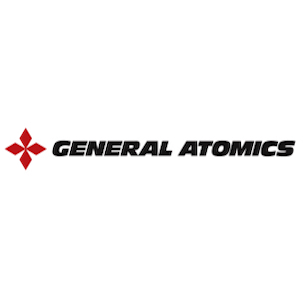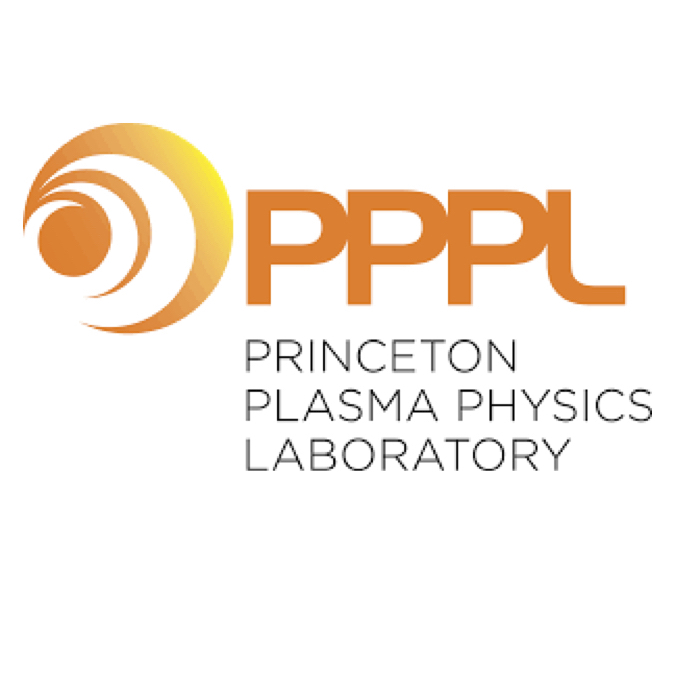Actuator Allocation with Adaptive Estimation of Time-Varying Uncertain Parameters for Nonlinear Burn Control
V. Graber and E. Schuster
IEEE Conference on Control Technology and Application (CCTA)
Trieste, Italy, August 22-25, 2022
|
Abstract
|

|
The ITER tokamak will produce energy through
the nuclear fusion that can occur when an ionized gas, or
plasma, is brought to extreme temperatures. To drive the
plasma to regimes that allow net-positive power output, burn
control algorithms regulate the plasma’s temperature and den-
sity by requesting external heating and fueling. These control
requests can be satisfied with various actuators. In this work,
a model-based, nonlinear burn control algorithm is synthesized
along with an optimal actuator allocation algorithm that man-
ages ITER’s actuators. This actuator allocation algorithm con-
siders actuator delays and various other complex phenomena,
such as the fueling contribution from neutral beam injection
(NBI), when searching for the optimal mapping between the
burn control algorithm’s requests and the available actuators.
The burn control and actuator allocation algorithms are based
on control-oriented models for the plasma and actuators that in-
clude uncertainty. Uncertainty is modeled by asserting that the
value of specific parameters are not known to the algorithms.
In the model of the plasma system, these uncertain parameters
describe the quality of the plasma confinement and plasma-
wall effects such as impurity sputtering. In the models for
the actuator systems, there are state-dependent, time-varying
uncertainties such as the NBI thermalization delay, the uneven
NBI power deposition between ions and electrons, and the pellet
fueling efficiency. Both the burn control and actuator allocation
algorithms are designed to handle these uncertain parameters
through adaptive estimation. A simulation study illustrates the
capability of these algorithms working together








